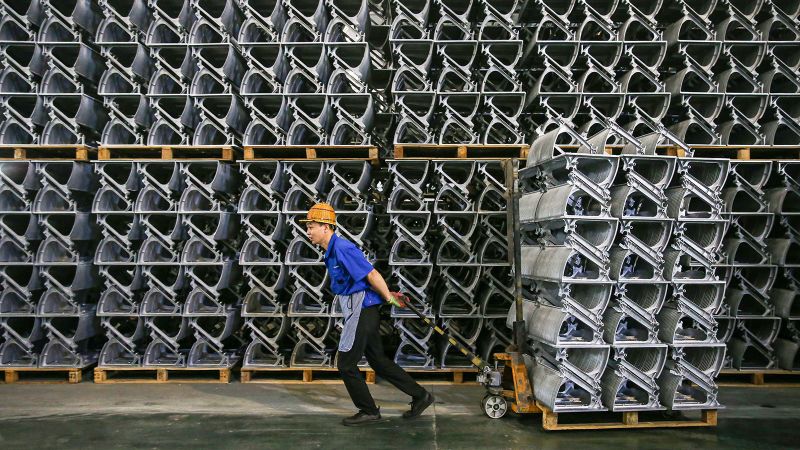
Labor Day isn’t the holiday it once was for China’s workers
CNN
Like hundreds of millions of other workers in China, Hao Zeyu, an algorithm engineer at an electric vehicle maker, is getting five days off this week for the Labor Day holiday. But he’s in no mood to party.
Like hundreds of millions of workers in China, Hao Zeyu, an algorithm engineer at an electric vehicle maker, is getting five days off this week for the Labor Day holiday. But he’s in no mood to party. In order to take the vacation, Hao is required to work an extra day on each weekend immediately before and after the break. To add insult to injury, two of the official vacation days fall on Saturday and Sunday. That means just one of those five days counts as a genuine holiday. The practice of moving workdays to weekends to create a longer vacation during major Chinese holidays is known as “tiaoxiu” or adjusted rest. Introduced in 1999 to stimulate consumer spending following the Asian financial crisis, it has been the subject of much online anger in the weeks leading up to this year’s May 1 holiday. “I really don’t like it,” Hao told CNN. “I think this policy was meant to promote consumption at a certain stage of the country’s development, but I very much do not support it anymore,” he added. So, why has a decades-old policy caused so much upset in a country whose Communist Party leadership pays annual homage to International Workers’ Day?

Trump’s $2,000 tariff dividend may be a smart political move. But it would be a huge economic gamble
One of the only things that polls worse than the Trump economy is the president’s almost unprecedented use of tariffs.





















 Run 3 Space | Play Space Running Game
Run 3 Space | Play Space Running Game Traffic Jam 3D | Online Racing Game
Traffic Jam 3D | Online Racing Game Duck Hunt | Play Old Classic Game
Duck Hunt | Play Old Classic Game










